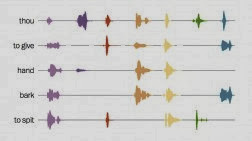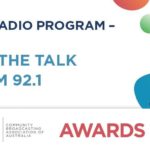Words change slowly over time, but we can see how they look mostly the same, even in different languages.
Now a team of researchers is claiming that some “ultraconservative words” have maintained their similarity across languages for 15,000 years. Is this even possible? And what are the words?
Linguist Luisa Miceli joins Daniel and Ben on this week’s episode of Talk the Talk.
Listen to this episode
You can listen to all the episodes of Talk the Talk by pasting this URL into your podlistener.
http://danielmidgley.com/talkthetalk/talk_classic.xmlWhen I get sent the same article from seven different people, it has a way of bumping its way to the front of the Talk the Talk schedule. And so it was with this one. People really seem to like the idea that certain words have remained unchanged for 15,000 years, and that if you said them to people back then, they might understand you.
Which leads me to a question: Whenever something about language ignites people’s interest and imagination, why does it always have to be wrong? Why don’t people ever like anything right? And this is wrong. It’s not just wrong; it’s shriekingly wrong (to borrow a phrase from Larry Trask [PDF]). It cannot be right. And if it is right, the authors of this paper don’t know it’s right. Computational linguistics has made a lot of progress in a lot of language tasks, but here the methods have to give way to a century of careful study by linguists who have a better idea of how language reconstruction goes.
As you can guess, my job on this podcast is to hose down a popular notion. But I’m not alone — there’s also the talented Luisa Miceli to provide some finer details.
Show notes
The claim: Some words haven’t changed for 15,000 years
http://www.smh.com.au/technology/sci-tech/linguists-identify-words-that-have-changed-little-in-15000-years-20130507-2j506.html
Listen to their idea of the reconstruction
http://www.washingtonpost.com/wp-srv/special/national/words-that-last/
The original article
http://www.pnas.org/content/early/2013/05/01/1218726110.full.pdf+html
Interview with Pagel
http://www.guardian.co.uk/science/2013/may/06/european-asian-language-tongue-superfamily
Linguists aren’t impressed with these claims.
http://languagelog.ldc.upenn.edu/nll/?p=4612
Neither is Reddit.
http://www.reddit.com/r/linguistics/comments/1dtr53/linguists_identify_15000yearold_ultraconserved/
It’s true, though, that some words are resistant to borrowing — just not for that long. Here’s the Swadesh list.
http://en.wikipedia.org/wiki/Swadesh_list
A really good essay by Larry Trask about mama and papa, and how words can change beyond recognition. Here it is. (PDF)
https://www.sussex.ac.uk/webteam/gateway/file.php?name=where-do-mama2.pdf&site=1
You can link any two languages if you try hard enough, and you’re not concerned about the comparative method. Here’s Piotr Gąsiorowski taking the piss, linking Quechua with the authors’ “Eurasiatic”. Hey, can someone do this with Klingon?
http://langevo.blogspot.sg/2013/05/the-inca-connection-quechua.html









